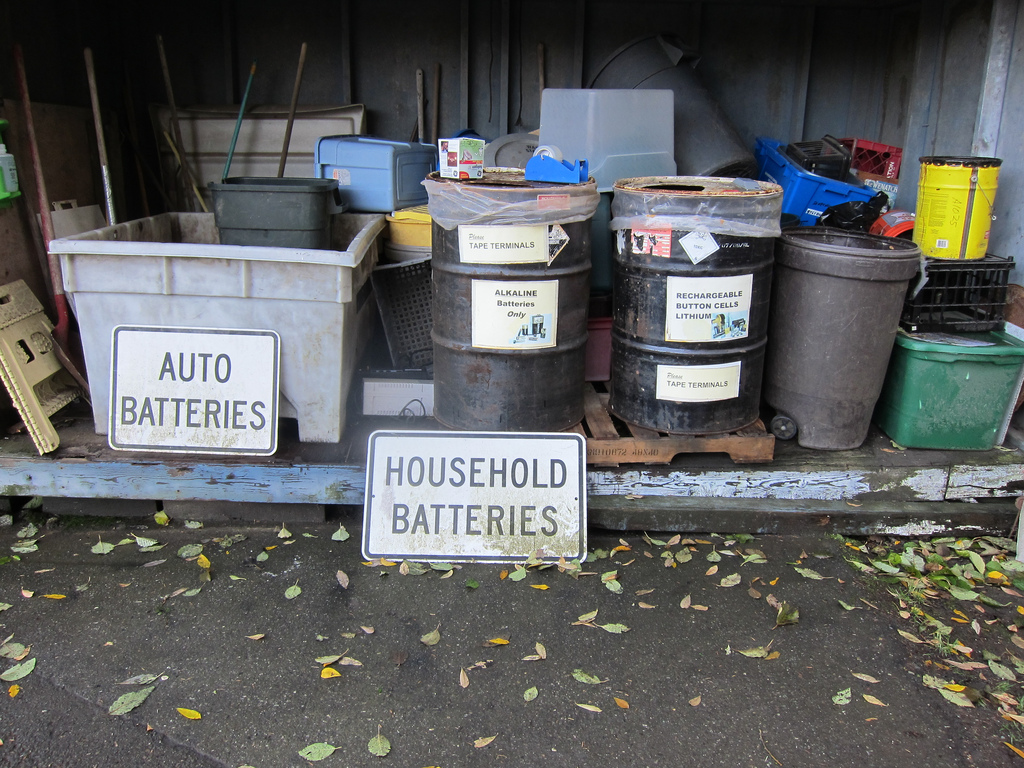

Used car batteries can leech chemicals and create lead pollution when they’re incorrectly trashed. A team at MIT believes that this lead can be cut out of the waste stream entirely — and put to good use creating emissions-free energy.
In newly published research, the scientists show that recycled lead from car batteries works as well as fresh lead when used in solar cells made with organolead halide perovskite film, a compound that is fast becoming competitive with silicon in solar power technology. The process is also cost-effective.
Quoting MIT energy professor Angela Belcher, a study co-author, an MIT press release notes that with time ticking down on lead-acid batteries in favor of lithium ion cells, we need to be thinking ahead on handling a looming toxic waste problem:
The group’s work demonstrates that the perovskite created from the lead in just one old car battery could provide materials for 30 households-worth of solar energy cells. Perovskite solar panels are also less energy-intensive to build compared to silicon-based cells, and the leaded film would be completely contained within other materials.
The research, “Environmentally-responsible fabrication of efficient perovskite solar cells from recycled car batteries,” was recently published online by the journal Energy and Environmental Science.
The team has put this video online to demonstrate their process:
